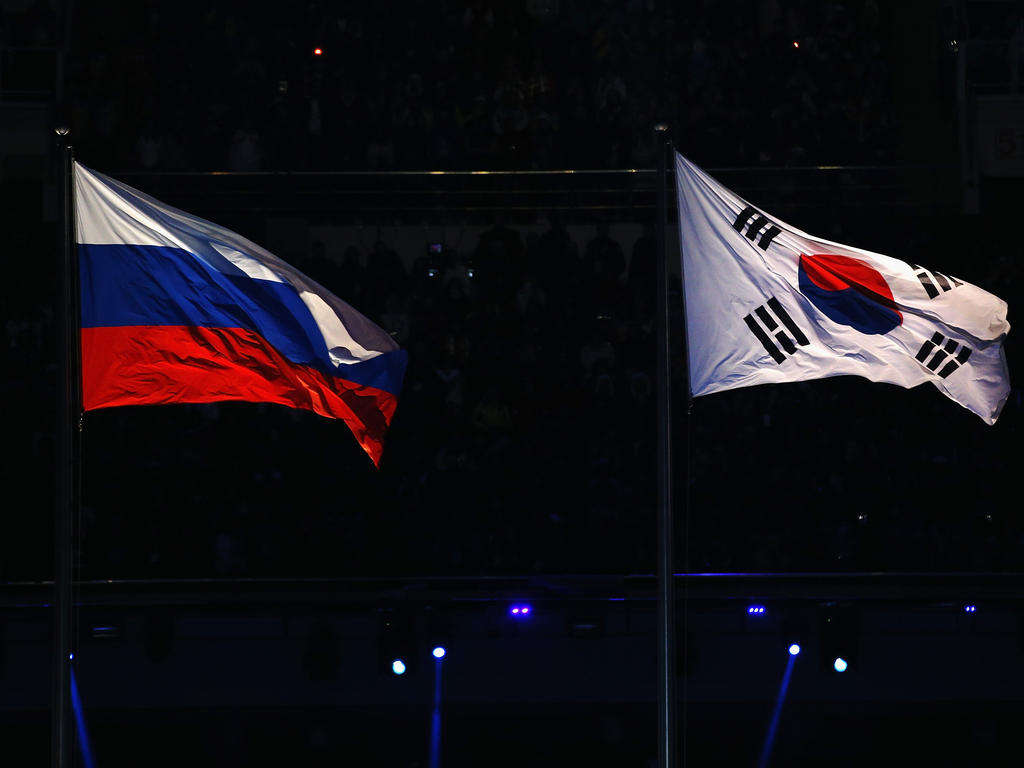No place like home for Russians

Most World Cup managers are forced to get out the map to pin down the whereabouts of their star players but for Russians it appears there's no place like home.
In modern football, national borders are of little consequence as players sell themselves to the highest bidders. In Brazil, Bosnia-Hercegovina, Ghana, Uruguay and Ivory Coast have just a single home-based player in their squads. Algeria and Cameroon have only two.
Even the likes of Belgium and 2010 World Cup finalists the Netherlands regularly export their top players to bigger leagues. According to think tank British Future, of the 736 players selected for the tournament, no fewer than 478 (65 percent) live and work outside the countries they play for, while just 258 play at home. And players are increasingly being tempted further afield. Bosnia's Edin Dzeko plys his trade for Manchester City but his team-mate Zvjezdan Misimovic wears the colours of Chinese Super League club Guizhou Renhe FC.
But Fabio Capello's 23-strong Russian squad bucks the trend, with every single player based at home -- uniquely at the World Cup. Russian forward Maksim Kanunnikov said he believed having all the players based in one country makes for a tight-knit squad who are aiming to right a dismal recent World Cup record. "It is a positive thing for our team I believe because everybody knows each other. We are really close together," he said at the team's training base in Itu, outside Sao Paulo.
"On the other hand, nobody knows us from the outside. We are not quite a known team as everybody plays in the domestic competition." Close behind Russia are England, where few players have been tempted to leave behind the comforts of home and the riches of the Premier League in recent years.
Roy Hodgson's men have just a single player -- Glasgow Celtic goalkeeper Fraser Forster -- not playing in England, and he's only just over the border in Scotland. Italy's squad contains 20 players based in the country and Germany boast 16. English Football Association chairman Greg Dyke noted in a speech last year that an influx of foreigners to the Premier League came at a time when few English players were playing overseas.
"We are not Belgium or Holland where most of their top players are playing abroad or even France, Spain or Italy who are now frequently exporting significant numbers of players," he said. "Almost uniquely amongst the top footballing nations virtually all of our top players are playing in their home leagues so if the best of our emerging young players can't get a game here it means we do have a serious problem." Money has been pouring into Russian football, with the likes of Zenit St Petersburg, Rubin Kazan and Dynamo Moscow splashing the cash, perhaps persuading more players to stay at home.
But Dynamo Moscow forward Alexander Kokorin said drawing the entire World Cup squad from home-based players is less a trend than a quirk and many Russians still dream of transfers to the giants of European football. "I don't really think it's a question of money. I believe a lot of Russia players have a dream to play in Europe for the big clubs," he said. "I think it's a question of timing. Everybody is just waiting for offers to come and when a good offer comes I'm sure most of the players will try and take their chance in Europe."







